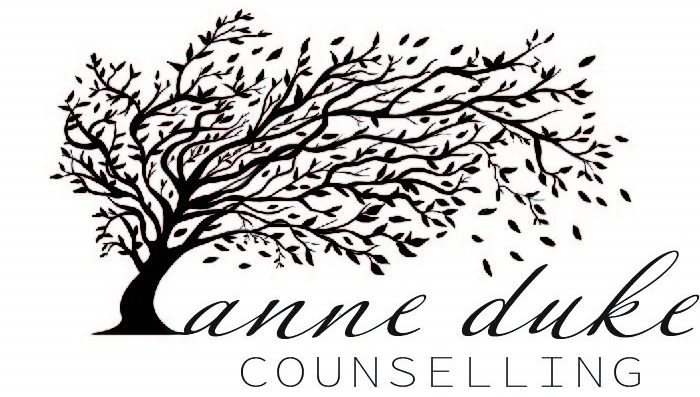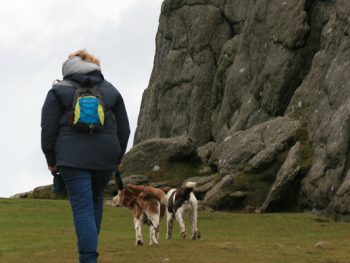‘And the beauty of a woman, with passing years only grows’ Audrey Hepburn
How much do you know about the Menopause? I am guessing if you are a woman or have a partner, friend, relative or colleague of a ‘certain’ age,, you may know more than you once did. The Menopause is not something we are very aware of before we encounter it in some way and yet, the Menopause is something that all women will experience during their lifetime. Like death, the Menopause is something, that as women, we can guarantee will happen to us at some point in our aging years, it is a normal and natural process.
What is the Menopause? Simply put, it is when the hormones Estrogen, Progesterone and Testosterone fall, the Menopause begins a year after our last period. Leading up to this time, many women experience Menopausal symptoms; this is referred to as the Perimenopause, these symptoms can continue once your periods stop and you are Menopausal. Thankfully, there is a time when we are considered Postmenopausal – I haven’t reached this point yet, but I imagine it will be bliss with no symptoms at all!
What age does the Menopause occur? The average age for UK women is 51 but some women with underlying medical conditions or treatment for cancer can mean an early Menopause. On average women can expect to experience menopausal symptoms for about four years but one in ten women can experience symptoms for ten to twelve years.
Some women make the transition through the Menopause barely noticing the changes, but for many of us, Menopausal symptoms can be distressing, uncomfortable and often incredibly disruptive. Most of us are aware of the well-known symptoms: hot flushes, night sweats and irregular periods (during the Perimenopause) and yet there are over 30 symptoms. I hear conversations among my friends and colleagues discussing these common symptoms, but we don’t often talk about the other, equally distressing and disruptive symptoms. We often joke about having a hot flush, but rarely do we talk about vaginal atrophy! For more information on all symptoms, go to: https://www.menopausedoctor.co.uk/menopause/topics/symptoms
In my experience, both personal and through my work, women’s lives can be turned upside down by Menopausal symptoms. Hot flushes are so much more than just ‘feeling’ hot! For me it comes with an unpleasant sensation working its way up my back and neck, around my head, followed by brain fog and ending with sweat pouring down my head and back (not attractive at all!). Disruption to sleep is another common symptom, perhaps waking early or being woken by sweats throughout the night and yet still having or expecting to be fully functioning the next day. Anxiety, low mood, mood changes, irritability, brain fog, and memory difficulties all can be extremely distressing, debilitating, and confusing and yet again, we continue to place huge expectations to carry on as ‘normal’ – perhaps being superwoman; organising home life, cooking, cleaning, shopping, supporting and caring for family members or friends and that’s on top of working!
What can help? It is important to consult your GP to be sure you are experiencing Menopausal symptoms, ruling out any other health issues. Please be aware that GP’s are not necessarily specialists in the Menopause, so be persistent if you need further support and information.
“Your face is marked with lines of life, put there by love and laughter,
Suffering and tears. It’s beautiful” Lynsay Sands
I have found the following helpful in helping me navigate this Menopausal storm!
Do your research – information on the Menopause from your GP may be limited, read and research to understand your experience and symptoms, see the list below for ideas of where to look.
Exercise – Regular exercise, however much or little is great for lifting the mood, easing joint pain and stiffness, maintaining a healthy heart and strong bones. Exercise really can be enjoyable! do something you enjoy and can manage every day such as walking or dancing in your kitchen. I joined a walking Netball Team, not only did we get a lot of exercise we laughed a lot too. It was good for my fitness, my health, and my soul.
Eat well – Eating a healthy balanced diet is critical, so include plenty of fruit, vegetables, and wholegrains. Check out information on Menopausal friendly diets (https://lizearlewellbeing.com/healthy-food/healthy-menopause-foods/). I no longer drink tea or coffee, I have a significantly reduced sugar intake and have a plant based, wholegrain diet, I do feel better as a result. You do not have to be this drastic but find a healthy balanced diet that works for you. Many women find taking supplements can be helpful, talk to your GP as there are varying degrees of success. I have not found any that helped – and over the last years, I have tried everything!
Talk – Talk about how you feel to trusted friends and family. Your GP is there for medical support, but you may also find that talking with a Menopause coach, Therapist or Counsellor is helpful to explore your thoughts and feelings relating to the changes you are experiencing. We see in the BBC programme The Truth about Menopause (see link below) a small group of women attend CBT workshops, following which report being able to cope with their symptoms more effectively because of the techniques they had learnt. Talking can be helpful – try it!
Rest – Pace yourself, take time for you if you can, even a 10-minute cup of tea every day doing nothing else, helps slow you down; take time to breathe and relax. Try Mindfulness or Meditation to help cope and manage your symptoms. I find when I focus on my breath, the hot flush becomes less intense.
Have fun! – This may be hard, especially during a Pandemic, but laughing and having fun will help you feel better, find your inner child! play games, dance, sing, do some art, bake – whatever you enjoy. give it a go – you might even enjoy yourself!
Be compassionate – be kind to yourself, or if you are reading this with a Menopausal woman in mind, be kind and compassionate towards them. The symptoms of the Menopause are not easy to deal with, not only do we have the symptoms to contend with, but we may also struggle with a body we might not recognise anymore, weight gain, hair loss, sagging or wrinkly skin and to add to this it is often the time of life when we experience a changing family, children leaving, grandchildren arriving and aging parents. The least we can offer ourselves is kindness!
Embrace it! – Yes, this may be a difficult time of life, the symptoms are horrible but be encouraged by a brighter future – no more periods, more freedom to be yourself – age gracefully (or disgracefully if you prefer!) but above all take care of yourself.
‘The years have touched her only to enrich her; the flower of her youth had not faded
It only hung more quietly on its stem’ Henry James, The Portrait of a Lady
Anne Duke – Counsellor, Supervisor, and Trainer
References and suggested resources:
Dr Louise Newson – https://www.menopausedoctor.co.uk/menopause
Liz Earle – https://lizearlewellbeing.com/healthy-living/menopause-every-woman-needs-know/
Mariella Frostrup – https://www.bbc.co.uk/iplayer/episode/b0bt4c3m/the-truth-about-the-menopause
Gaby Logan Podcast – The Mid-Point
Diane Danzebrink – https://menopausesupport.co.uk/




